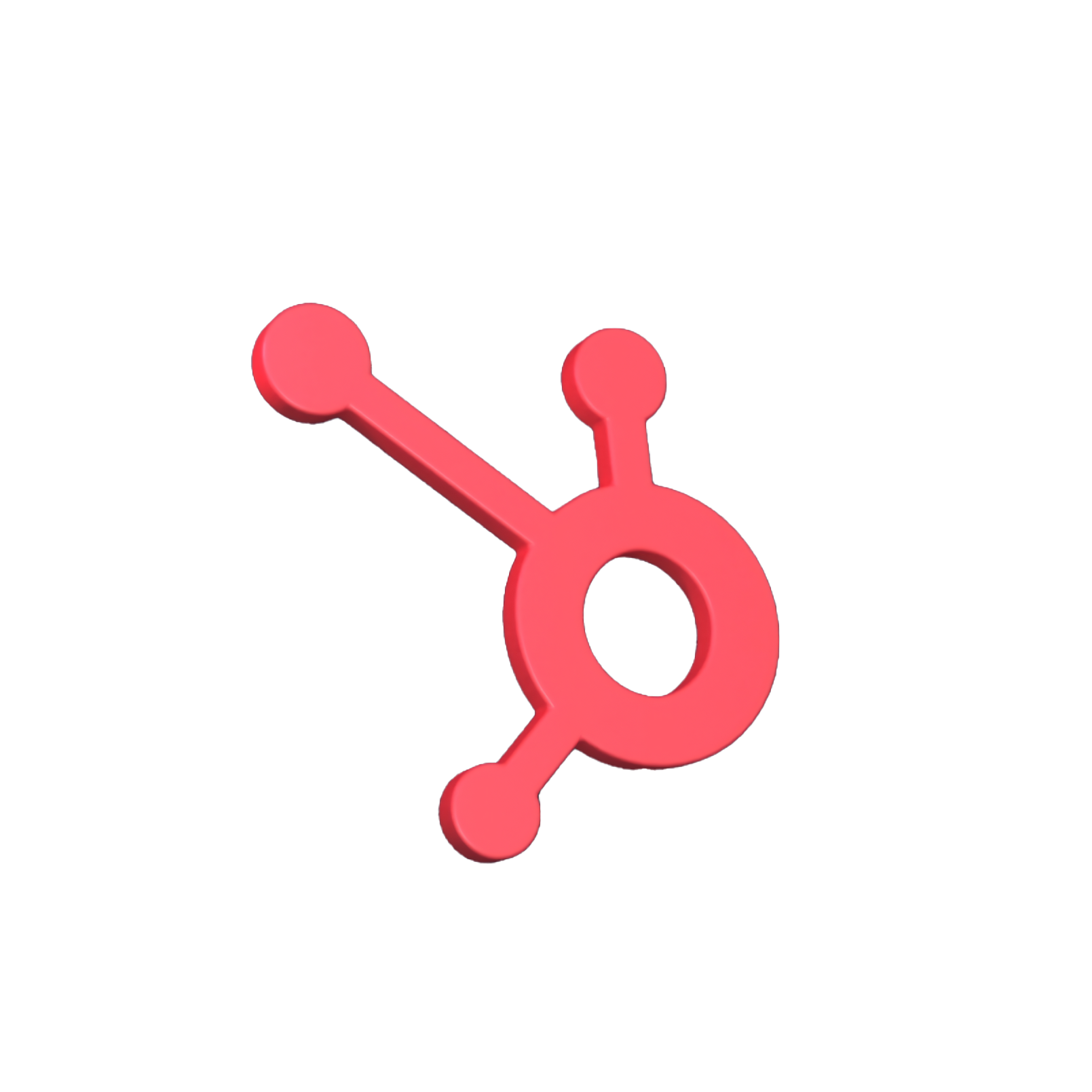Has your business outgrown your CRM? In this blog post, we share four telltale signs that you should upgrade your CRM. For rapidly scaling businesses, further growth is only guaranteed if you use systems that you can scale into — and that can scale alongside you.
That’s because the bigger you grow your business, the more complex it becomes. Often the old, trusted systems become inadequate at handling this increased complexity. As your best tool for gaining new customers and retaining old ones, your CRM is no different. So ask yourself, is the CRM that grew your business to 10+ employees good enough to help you scale to 100+ employees?
Four telltale signs that your business has outgrown your CRM
Your CRM should empower your teams to land more sales and build stronger customer relationships. Is your current CRM up to the task? To help you answer this question, here are four telltale signs that your business needs a new CRM.
1. Your CRM isn’t keeping up with customer expectations
Did you know that one-third of customers stop doing business with companies after only one bad experience? This fact, as revealed by a recent PWC study, highlights how important meeting customer expectations is in retaining customers.
But consistently providing excellent customer experiences is a challenge for scaling businesses, which have to keep track of an ever-growing customer base across a range of platforms. Overcoming this challenge means investing in a CRM that lets you quickly respond to customers over every touchpoint they choose to engage with you. To boost speedy service delivery, your CRM should offer automation tools that help you deal with customers at scale.
Along with convenience and speed, personalising your messaging is key in making your customers feel seen and heard. Sophisticated CRM can draw out customer data, helping you tailor each message to better meet your customer’s needs.
2. Your teams aren’t using your CRM
Survey data from SuperOffice shows that 86% of CRM buyers cite user-friendliness as the most significant factor when choosing between CRM platforms. That’s because you can only get the most out of your CRM when your teams actively use the system. The problem arises when your staff are forced to use an outdated and poorly designed CRM.
Unintuitive CRM platforms often take too long to learn, causing your teams to find creative solutions to avoid using it. For example, your teams may rely on regular emails and phone calls to reach out to customers. This undermines your CRM as the single source of truth to track all customer engagements.
Effective onboarding and choosing a user-friendly CRM are necessary to improve user adoption. CRM platforms like HubSpot, for example, have been carefully built with user experience in mind, making their platform easy to learn and quick to master.
3. You can’t utilise all your data
While all CRM captures data, not all systems can show you the success rate of your sales and marketing efforts. When assessing your CRM, ask yourself; how many of your leads are being followed up on? And how many leads are you converting? If this information isn’t readily accessible, then your business may have outgrown your CRM.
Consider the ideal scenario, where your CRM constructs a clear picture of every customer engagement. In this scenario, analytics tools, real-time reporting, and easily navigated dashboards allow you to attribute every action a user takes to buy your product or service. With this information, you can perfect your process, leading to a boost in sales. Fortunately, you can achieve this scenario by investing in the right CRM platform.
4. Your CRM can’t be customised according to your business needs
Have you ever worked with a janky CRM? It’s a frustrating experience that can involve gentle coaxing, desperate begging and even threats of violence — anything to get the system to facilitate your workflow. But it doesn't have to be that way. Good CRM providers understand that every business is different. That’s why they have built-in customisation options so that their system can be tailored to meet your unique business needs.
Your CRM should allow for custom reporting, workflows, deal pipelines, and automation procedures. Another critical aspect is how well your CRM can integrate with the other platforms that you use such as accounting software or email applications.
For scaling businesses, customising your CRM is also an opportunity to develop proprietary workflows that can help you work more efficiently than your competitors.
Is it time for a new CRM?
If your business experiences even one of these telltale signs, then you’ve outgrown your CRM solution. Fortunately, the market is filled with innovative and feature-rich CRM that can unlock the next stage of your company’s growth.
In this article, we’ve discussed whether you should upgrade your CRM. Of course, investing in new technology is only one aspect of successfully integrating a new CRM. Check out our article on CRM success to learn why onboarding your stakeholders and improving your business's processes are key to getting the most out of your CRM.











-3.png?width=500&height=320&name=Matt%20-%20imagery%20bank%20(8)-3.png)
